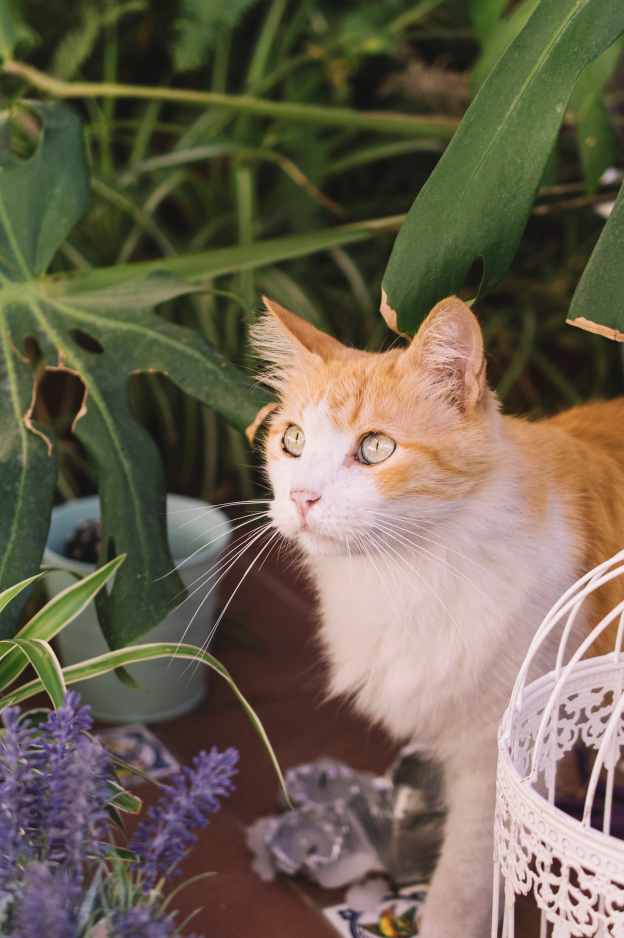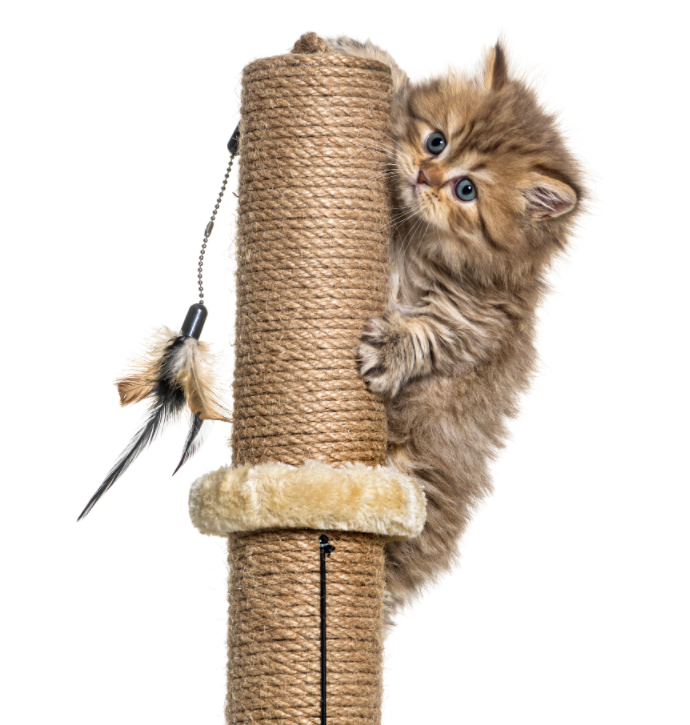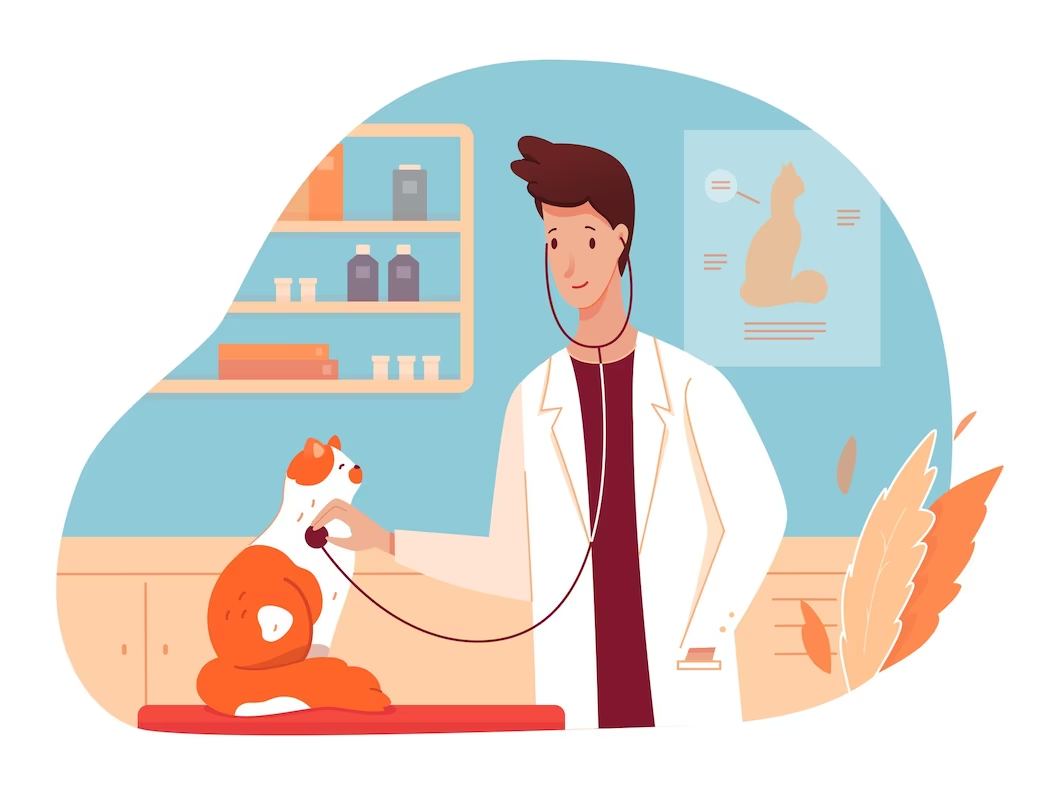Indoor vs. Outdoor Cats: Weighing Safety and Environmental Considerations
Cats, cherished by many globally, frequently spark debates among their owners on the merits of an indoor versus outdoor lifestyle. Although both sides present valid arguments, we'll delve into the safety and environmental pros and cons associated with each choice.
Safety Pros of Indoor Cats
Indoor cats, predominantly residing within homes, enjoy significant safety advantages. Such cats are shielded from potential traffic accidents and confrontations with predators like dogs or coyotes. Additionally, they evade fights with fellow felines, which might lead to grave injuries. Health-wise, they're shielded from contagious diseases like rabies, feline leukemia, or FIV. Moreover, the likelihood of indoor cats getting lost or being abducted is minimal, comforting many pet owners. In fact, their sheltered lifestyle often translates to longer lifespans. A stable environment reduces stress and anxiety, contributing to their overall well-being. Furthermore, being trained to utilize a litter box not only simplifies cleaning but also eliminates outdoor sanitation needs.

Environmental Pros of Indoor Cats
From an ecological standpoint, indoor cats prove advantageous. Their confinement curtails the rampant hunting and killing of wildlife, especially birds and small mammals – a notorious issue with outdoor cats. This instinctual prey drive can upset the balance of local fauna. Additionally, being indoors means they won't wreak havoc on vegetation or properties nor contribute to noise disturbances.
Safety Benefits of Outdoor Cats
Outdoor cats too have their share of perks. The vast expanses give them ample room for physical activity, promoting optimal physical and mental health. They revel in climbing, insect-chasing, and exploration, offering both stimulation and diversion. Fresh air and sunlight exposure might bolster their health, while their interactions with other creatures enhance their sociability. These cats often develop survival skills, ranging from safely navigating roads to recognizing and avoiding potential threats.

Environmental Cons of Outdoor Cats
However, the environmental toll of outdoor cats is significant. Their predatory instincts can drastically affect local wildlife, resulting in potential ecological imbalances. Furthermore, their presence might lead to property damage, and there's an escalated risk of them contracting and transmitting ailments and parasites.
Wrapping Up
In sum, while both lifestyles offer advantages, considering safety and environmental impact, indoor cats seem the preferable choice. Ensuring their happiness and health simply requires dedicated care, entertainment, and mental stimulation. However, if one opts for an outdoor cat, precautions like vaccinations and neutering or spaying are crucial. The optimal approach for cat wellbeing and ecological harmony might be to house them indoors while supplementing their environment with toys, scratchers, and other interactive elements.




Leave a comment
All comments are moderated before being published.
This site is protected by hCaptcha and the hCaptcha Privacy Policy and Terms of Service apply.